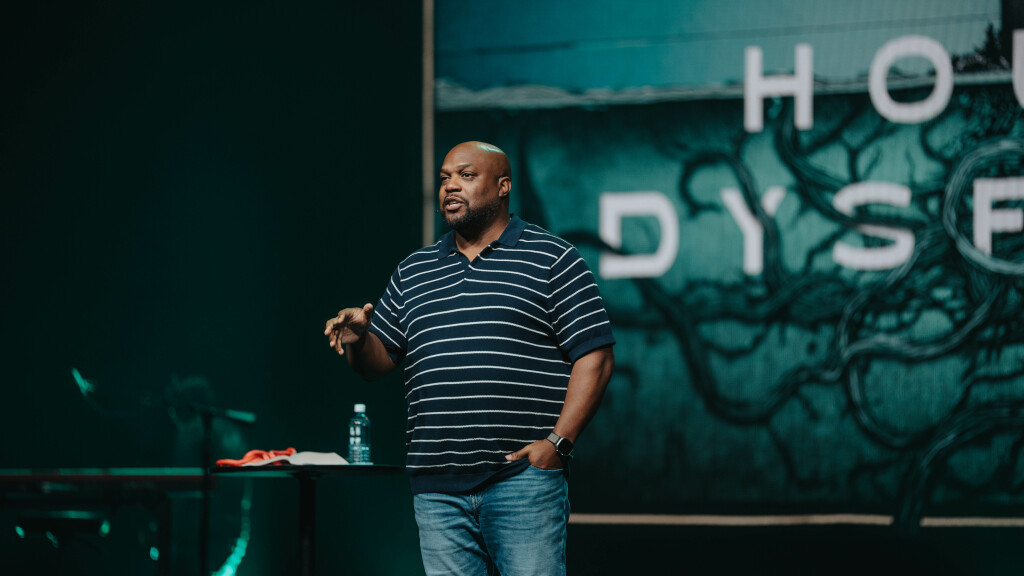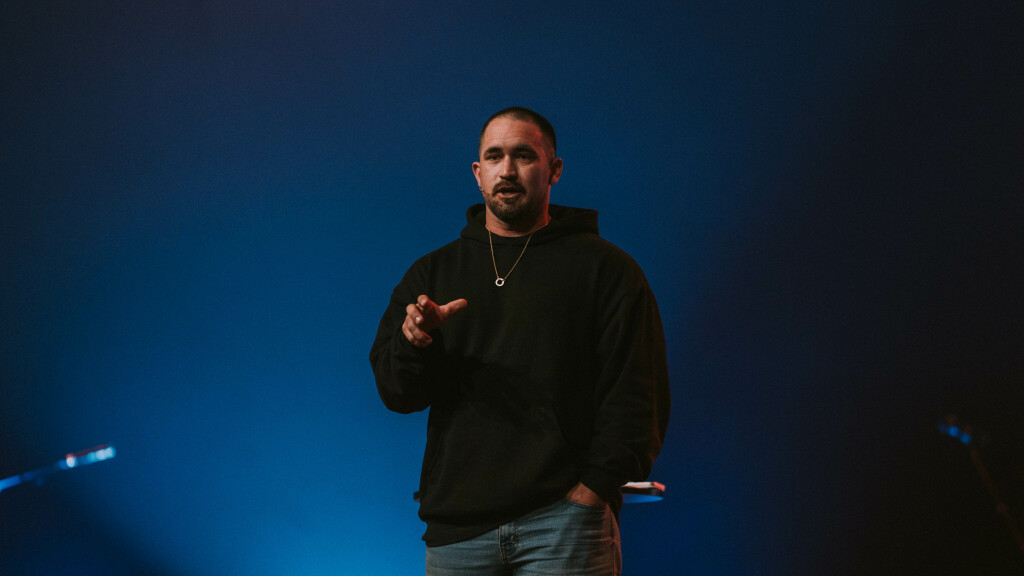By Jordan Burgen
Question:
"Hi, I am unsure where to send my questions regarding specific passages of the Bible. Is this the correct form? I'll keep it as short as possible.
I've been a Flatirons attendee/listener at the Lafayette campus for a number of years and this past weekend I got to hear the amazing Sermon on the Mount recited by Pastor Jim. This encouraged me to read more in the book of Matthew. Each time I read Matthew, I get hung up on Matthew 10:34 which reads:
"33But whoever denies Me before men, I will also deny him before My Father in heaven. 34Do not assume that I have come to bring peace to the earth; I have not come to bring peace, but a sword. 35For I have come to turn ‘A man against his father, a daughter against her mother, a daughter-in-law against her mother-in-law.…"
I am unsure what to make of this passage. It almost seems 'out of character' for something Jesus would say. This also seems contrary to what is written in Isaiah 9:6 (Prince of Peace passage)
“For a child will be born to us, a son will be given to us;
And the government will rest on His shoulders;
And His name will be called Wonderful Counselor, Mighty God,
Eternal Father, Prince of Peace”
I just want to try and understand what Jesus meant in Matthew and what was prophesied in Isaiah. Is Jesus the Prince of Peace or a sword? Is it a sin to love our family members?
Thank you!"
Thanks for reaching out with your question! I will do my best to help you out.
When reading Matthew, a couple of things are important. First, is to recognize to whom Jesus is speaking and the second is to not take any of it out of the context to which He was speaking.
Matthew 10:16-42 is a sermon Jesus is speaking directly to just his 12 apostles before he sends them on an evangelical mission, specifically to the Jewish people. This was not a sermon to a bunch of unbelievers or even general followers of Christ, but those who had been called into ministry. (However, parts of it do still apply to the lives of the average Christian). The entire chapter is warning them of the persecutions they will receive while proclaiming Christ and evangelizing on His behalf to the nation of Israel. When we get to the part of His sermon in question now, He is continuing His train of thought from before. He is speaking of having no fear of the physical threats of persecutors, but only having fear of God, who
So, no, it is absolutely NOT a sin to love your family members. In fact, it is a sin to NOT love them (1 Timothy 5:8). However, if it comes down to it, and you have to choose between Christ or not being rejected by your family, He is commanding that you choose Him. I hope that it does not come to that for you, but, unfortunately, it has for many people.
As for how this relates to the passage from Isaiah, we need to look to the definition of peace. When it declares that the Messiah will be the Prince of Peace, it is referring to peace with God. And Christ provided a way, through His death, for us to have true peace with God. He will also, in the
Ministry is not an easy path in life. It is full of conflict and persecution. His Word is offensive to many, even though it invites everybody in. Some people just don’t want to believe it. And sometimes those people are those that are closest to you, and they may even reject you because of it. He does promise peace (John 14:27), but it is only through faith in Him and what He accomplished on the Cross. Anything apart from Him is not true peace. He says in John 14 that He gives peace but not as the world does. His is
Sorry if I rambled and repeated myself a bunch















